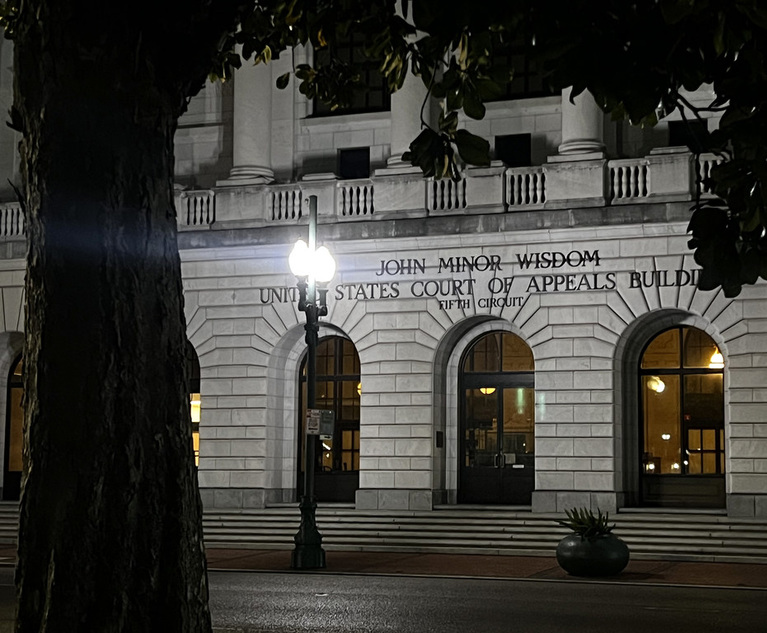First Amendment protections may seem like an uncompromising absolute, something that the U.S. Supreme Court, nor Congress, nor any entity may ever infringe upon or refashion. The court itself, however, has long permitted the government latitude in interpreting its own employees’ free speech rights, insofar as they are in service of maintaining a cohesive and peaceful public workforce and do not extend to matters that don’t involve the workplace.
The balance struck in Abood v. Detroit Board of Education, the unanimously-decided 1977 case upholding the constitutionality of union fair-share fees in the public sector, finds its roots deeply entwined with how the Framers wrote and interpreted the Constitution. Starting with George Washington himself, leaders of all three branches of government have for centuries acknowledged the need to adapt free speech protections to the realities of sustaining an efficient and loyal government workforce.


 U.S. Supreme Court building in Washington, D.C.
U.S. Supreme Court building in Washington, D.C.





